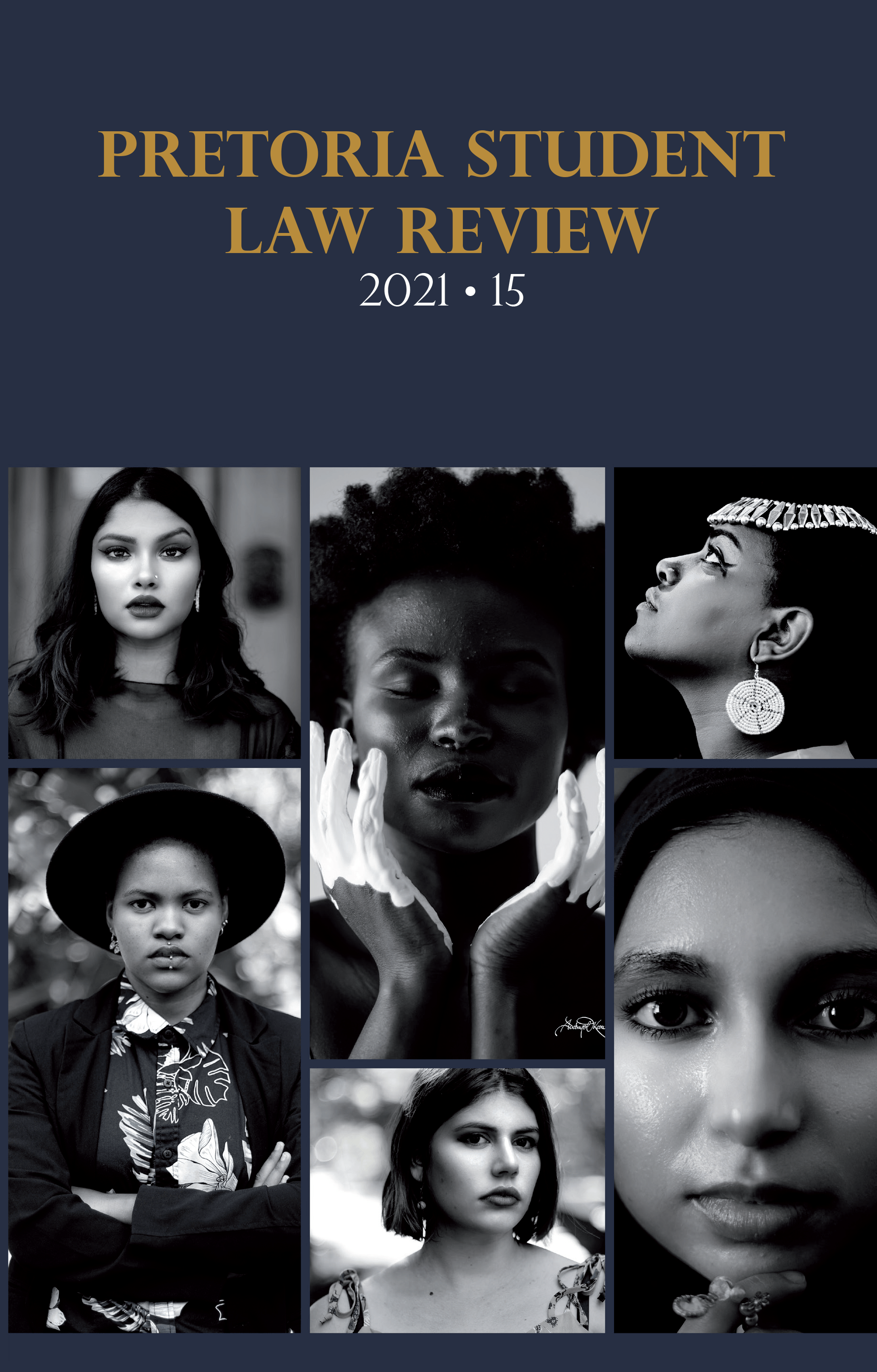ADMINISTRATIVE JUSTICE AND COMMUNAL SUBSISTENCE FARMING IN FOOT-AND-MOUTH DISEASE CONTROL: THE POSSIBLE APPLICATION OF PROPORTIONALITY AS A GROUND OF REVIEW UNDER THE PROMOTION OF ADMINISTRATIVE JUSTICE ACT 3 OF 2000
DOI:
https://doi.org/10.29053/pslr.v15i1.3678Keywords:
foot-and-mouth disease, PAJA, administrative justice, communal subsistence farming, small-scale farmingAbstract
As one of the most contagious and economically impactful livestock diseases, foot-and-mouth disease presents South African lawmakers with the complicated issue of animal disease control. The regulation of the disease has a profound impact not only on commercial farmers but on communal subsistence farmers as well, whose stakes in control measures are often overlooked in policy-making. The authors investigate and crystalise the current legislative framework of foot-and-mouth disease control in South Africa against the backdrop of the scientific and epidemiological characteristics of the disease. The application of the Promotion of Administrative Justice Act 3 of 2000 (PAJA) to the control measures concerning the movement of animals is investigated and it is concluded that PAJA’s administrative law requirements apply to both the Animal Diseases Regulations and the policy documents in question. Thereafter the administrative law concept of proportionality is set out and it is shown that the current control measures fall short of the requirements of proportionality as codified in PAJA. Especially when considering the necessity and balance of the control measures in question, it is found that the interests and rights of small-scale communal subsistence farmers are not adequately considered and that international standards, regardless of their applicability to the South African situation, are often blindly imposed, thus leaving these overlooked stakeholders vulnerable to the adverse effects that arise thereafter.





